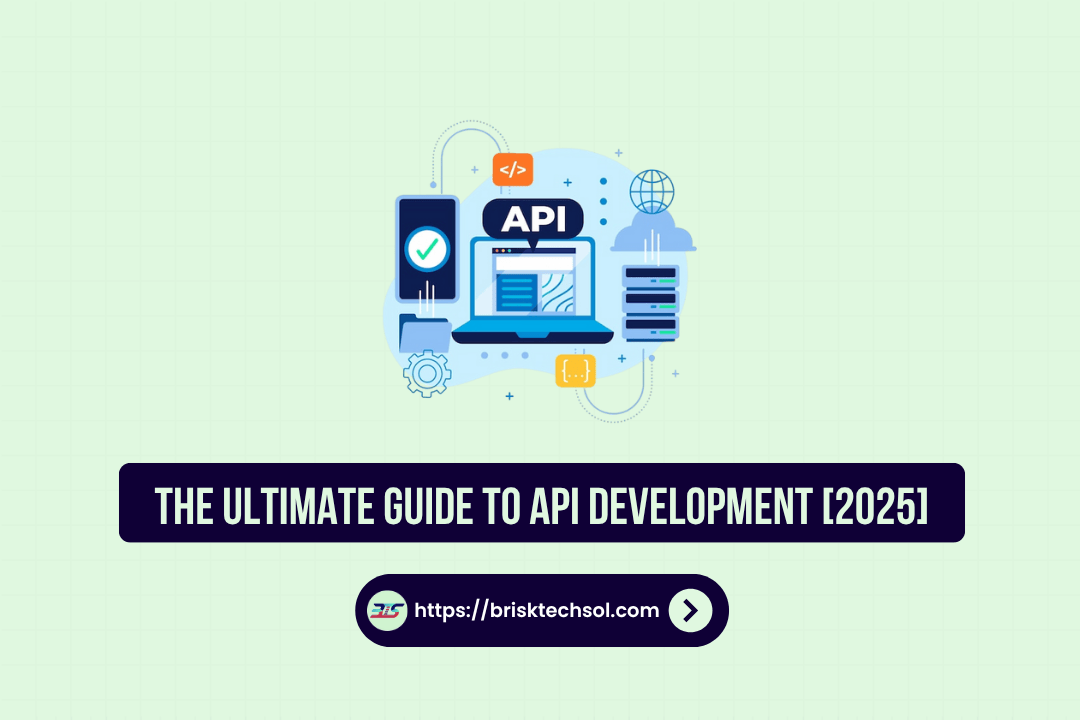Laravel is a powerful PHP framework that streamlines web development. For developers, simple Laravel scripts save time by automating common tasks like authentication and form handling. This article explores the significance of these scripts, where to find them, and how to customize and use them effectively to boost your development efficiency.
1. What Are Laravel Scripts and Why Developers Use Them?
Laravel, a popular PHP framework, is known for its elegant syntax and robust set of tools that simplify web development. At its core, Laravel provides pre-built solutions that help developers avoid reinventing the wheel. These solutions come in the form of Laravel scripts.
What Are Laravel Scripts?
Laravel scripts are pre-written, reusable pieces of code that automate common web development tasks. These scripts are created to work seamlessly with the Laravel framework, reducing the need for developers to write custom code for basic functionalities.
Why Use Laravel Scripts?
Laravel scripts save time, reduce human error, and improve development efficiency. By utilizing these scripts, developers can quickly implement authentication, database management, form handling, and other core features in their applications. They can also focus on more complex tasks, leaving the repetitive work to pre-built scripts.
Example Use Case:
Consider a simple user authentication script in Laravel. Rather than coding login, registration, and password reset functionality from scratch, you can use a pre-built script that is secure, well-documented, and optimized for performance.
2. Top Simple Laravel Scripts Every Developer Should Know
As a Laravel developer, there are several basic scripts you should be familiar with to streamline your workflow. Here are some of the most common and useful ones.
User Authentication Script
The user authentication script is one of the most essential scripts in any web application. Laravel provides an easy way to handle user login, registration, password resets, and email verification.
Key Features:
- Login/Logout functionality
- Registration with validation
- Password reset
- Email verification
CRUD Operations Script
The CRUD operations script is another invaluable tool. CRUD stands for Create, Read, Update, and Delete, which are the four basic operations for interacting with databases. This script automates the process of creating forms, retrieving data, updating records, and deleting them.
Key Features:
- Fast database CRUD integration
- Simple, reusable code
- Quick data table population
Form Handling Script
Laravel’s form handling script simplifies the process of handling form submissions, validating inputs, and managing form errors. Instead of writing validation rules from scratch, this script offers a clean, efficient solution.
Key Features:
- Built-in validation
- Error handling
- Data processing
Laravel Route Caching Script
Laravel’s route caching script helps improve the performance of your application by caching route definitions. This reduces the load on your server and increases the speed at which requests are processed.
Key Features:
- Improved performance
- Reduced server load
- Faster routing
Admin Panel Script
Many Laravel developers create an admin panel script to manage various aspects of the website, including users, content, and settings. This script provides an intuitive interface for administrators to control the backend of the web application.
Key Features:
- User management
- Content editing
- Role-based access control
3. Where to Find Simple Laravel Scripts for Developers
Finding quality, simple Laravel scripts can be a challenge. However, several resources are available where you can access free and premium Laravel scripts, saving time and effort.
GitHub
GitHub is a popular platform for developers to share their code. By searching for Laravel scripts or packages, you can find thousands of open-source Laravel repositories. Make sure to check the repository’s stars, forks, and issues to gauge its quality.
- Recommended Search Terms: “Laravel authentication script”, “Laravel CRUD”, “Laravel admin panel”
Laravel’s Official Website
The official Laravel website offers resources, documentation, and links to Laravel-specific packages that you can integrate directly into your project. The Laravel package ecosystem is rich, and many packages come with simple scripts that extend the framework’s functionality.
- Visit: Laravel Packages
Packalyst
Packalyst is a community-driven platform that provides a wide range of Laravel packages. You can find Laravel scripts for nearly every functionality you need, from advanced features to simple solutions.
- Visit: Packalyst
Evaluating Script Quality
When selecting a script, always evaluate:
- Documentation: Clear, detailed documentation is essential for understanding and customizing scripts.
- Community Support: Look for scripts with active issues and discussions.
- Maintenance: Ensure the script is actively maintained, especially for security patches.
4. How to Customize and Extend Simple Laravel Scripts
While simple Laravel scripts are incredibly useful out of the box, you’ll often need to customize or extend them to fit your project’s unique requirements. Here’s how you can modify and enhance these scripts.
Modifying Scripts
- Adjust Variables: Many scripts allow you to modify variables like user roles, form fields, and more. Customizing these variables to suit your application is straightforward.
- Example: In an authentication script, you might want to add extra fields such as phone number or address during user registration.
Extending Functionality
You can extend Laravel scripts by adding new features. For example, adding multi-factor authentication (MFA) to an authentication script or creating custom validation rules for a form-handling script.
- Example: Extend the basic authentication script to include roles and permissions using a package like Spatie Laravel Permission.
Testing and Debugging
Before deploying any customized script, it’s essential to thoroughly test it. Laravel’s built-in testing tools like PHPUnit allow you to run tests to ensure everything works as expected.
5. Best Practices for Working with Simple Laravel Scripts
While Laravel scripts can significantly improve productivity, it’s important to follow best practices when using them.
Code Maintenance
Keep your scripts well-organized and commented. This will help both you and your team when revisiting the code after a few months. A good structure also facilitates easy updates and future modifications.
Security Considerations
Laravel provides built-in security features such as CSRF protection, XSS protection, and SQL injection prevention. Always ensure your scripts make use of these security measures.
Testing
Testing is critical. Laravel has robust testing capabilities that allow you to run unit tests and feature tests to ensure that your scripts work as expected.
Performance Optimization
Although simple scripts make development faster, they can sometimes lead to performance bottlenecks if not optimized. Use Laravel’s caching tools and optimize database queries to ensure your application runs smoothly.
6. Common issues to Avoid with Simple Laravel Scripts
While Laravel scripts can be a developer’s best friend, there are a few common pitfalls to avoid:
Overcomplicating Simple Tasks
Don’t overuse complex solutions when a simple script can suffice. For instance, avoid adding unnecessary features to a user authentication script when the basic features are already sufficient.
Ignoring Documentation
Scripts without clear documentation can lead to confusion and slow down development. Always refer to the documentation and make sure you understand the code before implementing it.
Not Updating Scripts
Laravel evolves rapidly, and older scripts may not be compatible with the latest version of the framework. Always check for script updates and security patches.
Conclusion
Simple Laravel scripts can greatly enhance your development speed and efficiency. By understanding how to implement, customize, and avoid common pitfalls, you can leverage these scripts to build robust web applications. Start using Laravel scripts in your projects today to streamline your workflow and boost productivity, and remember to always test and update your code.
FAQ
1. What is the best place to find simple Laravel scripts?
The best places to find Laravel scripts are GitHub, the official Laravel website, and Packalyst. These platforms offer both free and paid scripts with documentation and community support.
2. Can I customize Laravel scripts?
Yes, Laravel scripts can be easily customized by modifying variables, templates, and logic. You can also extend their functionality by adding custom features.
3. Are Laravel scripts secure?
Laravel scripts are generally secure if they follow Laravel’s built-in security practices. Always ensure that the scripts are up-to-date and use Laravel’s security features such as CSRF and XSS protection.
4. How can I optimize the performance of Laravel scripts?
You can optimize Laravel scripts by caching routes, minimizing database queries, and using Laravel’s built-in performance tools like query optimization and caching.
5. How do I test Laravel scripts?
Laravel provides testing tools such as PHPUnit to run unit and integration tests. Use these tools to ensure your scripts function correctly and handle edge cases.
6. Can Laravel scripts be used for large-scale applications?
Yes, simple Laravel scripts can be used in large-scale applications. However, ensure you optimize the code for performance and scalability to handle higher traffic and data loads.









